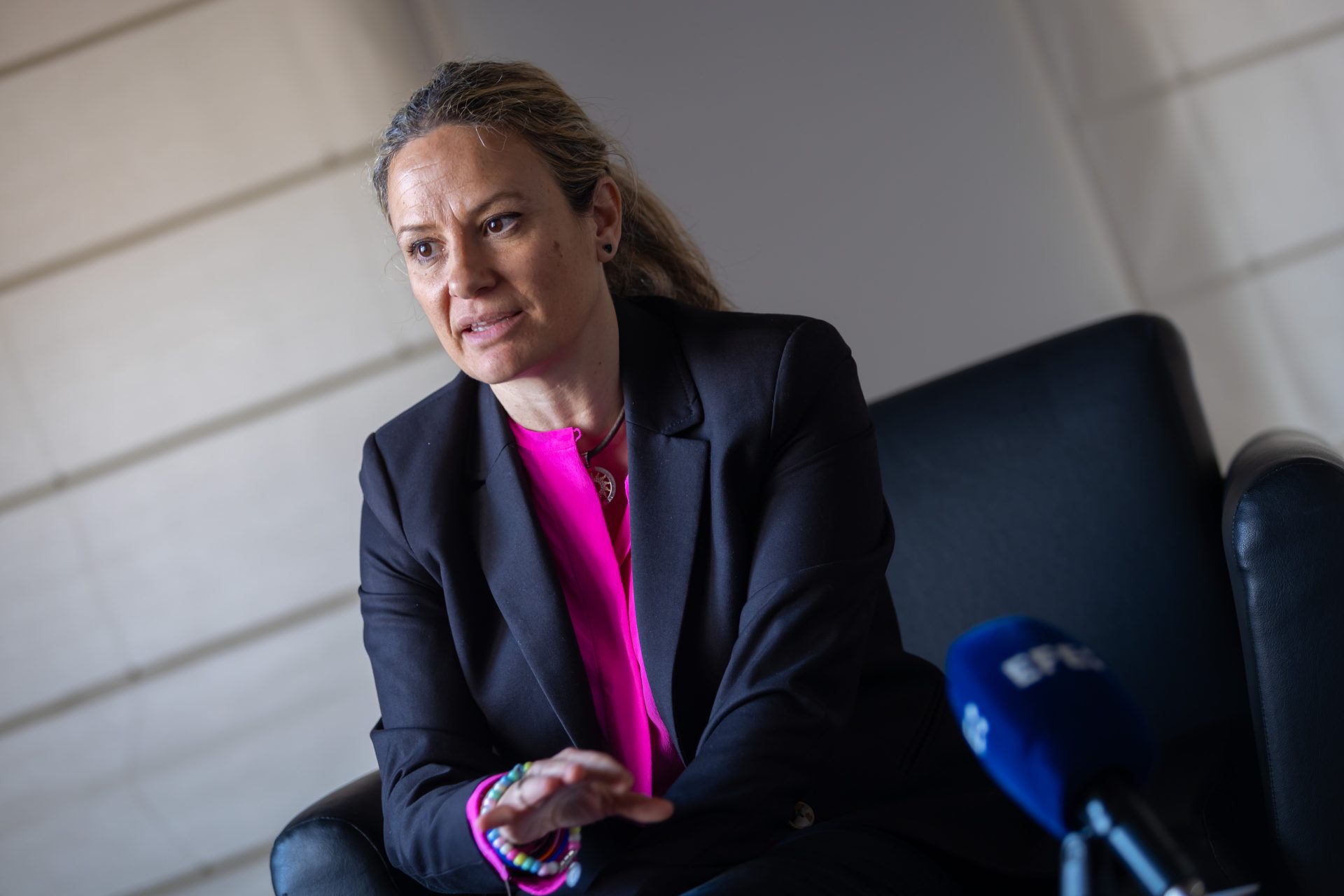Toledo (EFE).- University of Castilla-La Mancha (UCLM) professor Gemma Fernández Aviles encourages girls to be interested in data science to empower themselves, because it will allow them to analyze information on their own and make their own decisions. – Professional decisions regardless of the field of work, whether fashion, research, social issues, medicine or climate change.
On the occasion of the International Day of Women and Girls in Science, which is celebrated on 11 February every year, Professor Fernández-Avilés, who is also the Director of the MSc in Data Science and Business Analytics (with R Programme) at UCL, explained to EFE why Girls may be interested in their specialty and the importance of families in motivating their daughters to study.
Data science is a “relatively” new discipline dating back to 1970, although in 1962 the American statistician John Tukey included the term data analysis, a forerunner of what is currently known as data science.
This field uses three broad fields: statistics and mathematics; Computing, IT, and business knowledge in any field.
“That is why we say that data science can be applied in any field, to social networks, to the world of fashion, to medicine, to economics, to climate change, to the SDGs (Sustainable Development Goals), to finance…”, he included. This expert, born in Nobleas (Toledo) in 1980, highlights the cross-sectoral aspect of data science to encourage girls and teenagers to turn to this branch.
“If a professional, now or in the future, wants to be empowered, they have to make decisions for themselves; Making decisions requires information; He stressed that most of the time you are told information, which can be objective or subjective, or you obtain it yourself from data.
He sums this up in a phrase that adapts to any working environment, be it a clinic, an audio-visual facility, a hair salon or social networks, and to the current information-filled world where images and texts are also data: “If we claim to be independent, let us know how We analyze the information that surrounds us ourselves.
Data tells stories and feelings
Gemma Fernandez Aviles stressed that data also tells stories, that is, among the information that can be extracted from the millions of data that surround us there are stories of people, situations and facts, and there are also feelings.
Because some words have different emotions associated with them: for example, if you analyze the declaration of a state of alarm by the head of government on March 14, 2020 and choose three main emotions – anticipation, anger and disgust – you can see what the content of the speech is associated with each of them.
In fact, data science scientists are the new professionals of the Renaissance, and there is an explanation: if there was a renewal of science in the Renaissance, then in this amazing “new world” of information in the 21st century there is a rebirth of new sciences. Science with the digital revolution.
A world of information and data, especially large databases, in which citizens, companies and governments look to the scientific field to help them “hear the stories” that this data tells about the reality of society and from which it has been extracted.
The importance of the family in motivating its daughters
The professor stressed the “important” role of the family in motivating their daughters, and it is not the responsibility of educational centers alone, as they imitate what they see in their environment.
She gives the example of being a mother of three girls who often play roles like her, one of whom is a master's degree director, another a teacher and another a student, and they take turns: “It's a symbolic thing, but in the end we imitate them. What I want to convey is that we talk to our daughters about how important it is to know how to interpret things and analyze them themselves.
A guide to “thinking with data”
Fernández Avilés together with Professor José María Montero edited the book “Fundamentals of Data Science using R”, in which 49 authors from Spain and other countries participated, including professionals such as journalist Borja Andrino (El País) and police officer Miguel Camacho (Ministry of the Interior). , Doctor Alberto Borrubia (La Paz) or Director of Artificial Intelligence and Data Carlos Real (Deloitte), teachers and researchers from different universities.
It is a guide (published by McGraw Hill and available at https://cdr-book.github.io/index.html) helps decipher what to do with available information or how to use it to respond to the fundamental problems of a company, organization or any social agent.
It is intended for everyone interested in “thinking with data” and does not require prior technical training to read. Evie

“Social media evangelist. Student. Reader. Troublemaker. Typical introvert.”







More Stories
“Those who go to museums but do not see an oak tree in the countryside should blush.”
Michoacana Science and Engineering Fair 2024, When the Call Ends – El Sol de Zamora
Dr. Miguel Kiwi, winner of the National Science Award, gives his opinion on nanoscience in Chile